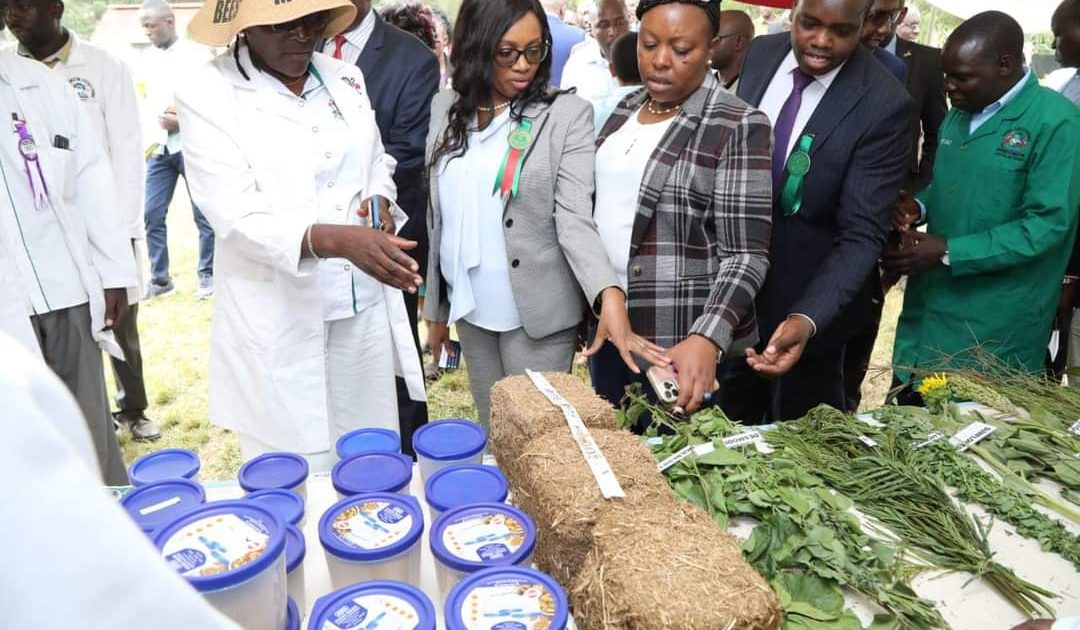Nakuru City prides itself on being the greenest city in the country. Surrounded by rich agricultural land, a lake, and the Nakuru National Park, the town can never afford to be polluted.
Environmental conservation efforts have often been overlooked, with little or no consideration in what would be the long-term effects of littering with plastics that get washed into the lake.
Ms Jacky Muga, a passionate science teacher at Christ the King Primary School has embarked on a journey to educate her pupils on the importance of sustainability. Through various creative projects peddled by the Competency-Based Curriculum, she has purposed to instill in them the values of environmental preservation, climate-conscious agriculture, and sustainable economic growth.
“We have created eco-friendly products that would revolutionise our community. We began by crafting brickets resembling charcoal, using cow dung, dry leaves, and charcoal dust. The process is first done by mixing the cow dung, charcoal dust, and dry leaves with a little amount of water then modeling them into tiny balls for drying under the sun for about three days before usage,” she notes.
Her grade six pupil Elvis Kirui backs her up, “this initiative not only reduced waste but also offered an alternative to traditional charcoal, minimising deforestation and also there is no production of carbon monoxide which may affect our respiratory system.”
In their pursuit of sustainable housing, the children discovered a way to repurpose discarded bottles. By skillfully stacking and cementing them together, they constructed innovative fences that added a touch of artistic flair to the town. This endeavor not only recycled waste but also inspired other residents to explore creative solutions.
Understanding the importance of waste reduction, the students also learned to create multipurpose liquid soap from the remaining tiny pieces of soap often thrown away. This not only prevented unnecessary waste but also encouraged the community to adopt sustainable practices in their daily lives.
To address space limitations, the students devised a remarkable solution; a kitchen garden made from repurposed plastic water tanks. By cutting the tanks in half, they created space-saving gardens that allowed them to grow an array of vegetables like spinach and kale. The utilisation of drip irrigation, facilitated by small holes made in water bottles, helped conserve water, ensuring optimal growth for the plants.
These innovative endeavors had far-reaching effects, promoting climate-conscious agriculture and sustainable economic growth. The community embraced these projects, realising the potential for trade initiatives based on eco-friendly products. Local businesses began to invest in sustainable practices, creating new job opportunities and stimulating the economy.
Ms. Muga’s passion for teaching her students about innovative solutions has yielded remarkable results. Through their endeavors, the children are becoming ambassadors of change, inspiring their community to embrace sustainable practices.
Their commitment to environmental conservation, climate-conscious agriculture, trade initiatives, and sustainable economic growth transform the small town into a thriving hub of innovation and environmental consciousness. With their newfound knowledge, the children expect a brighter future, where the principles of sustainability will be at the forefront of their community’s progress.
By Angela Cherotich




